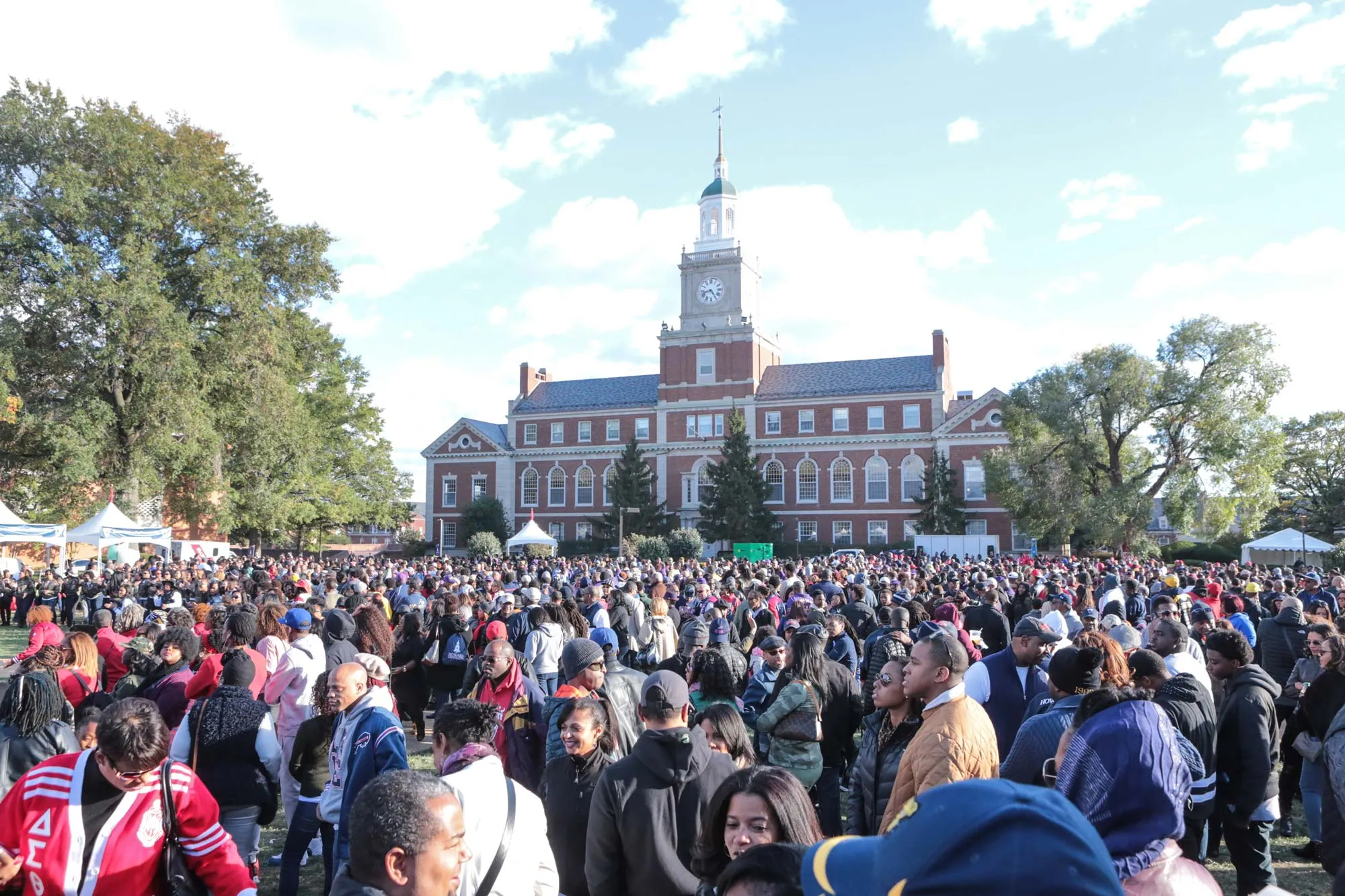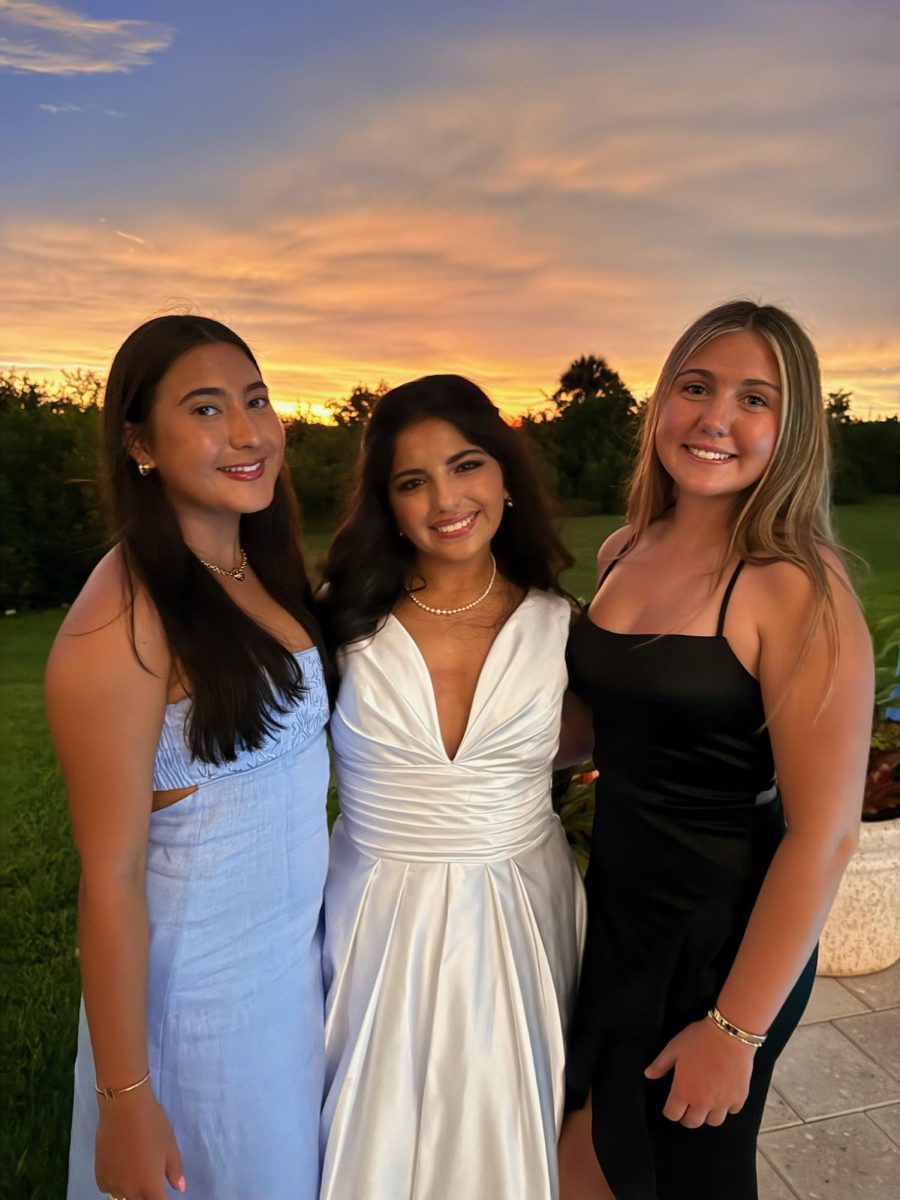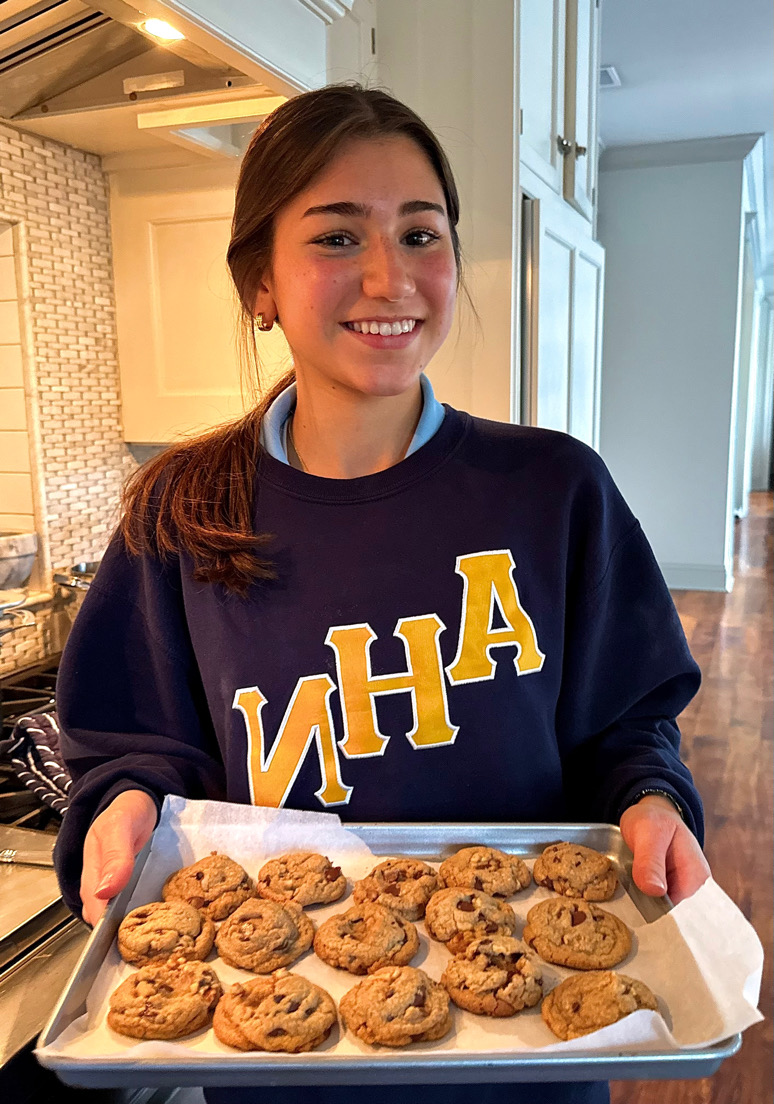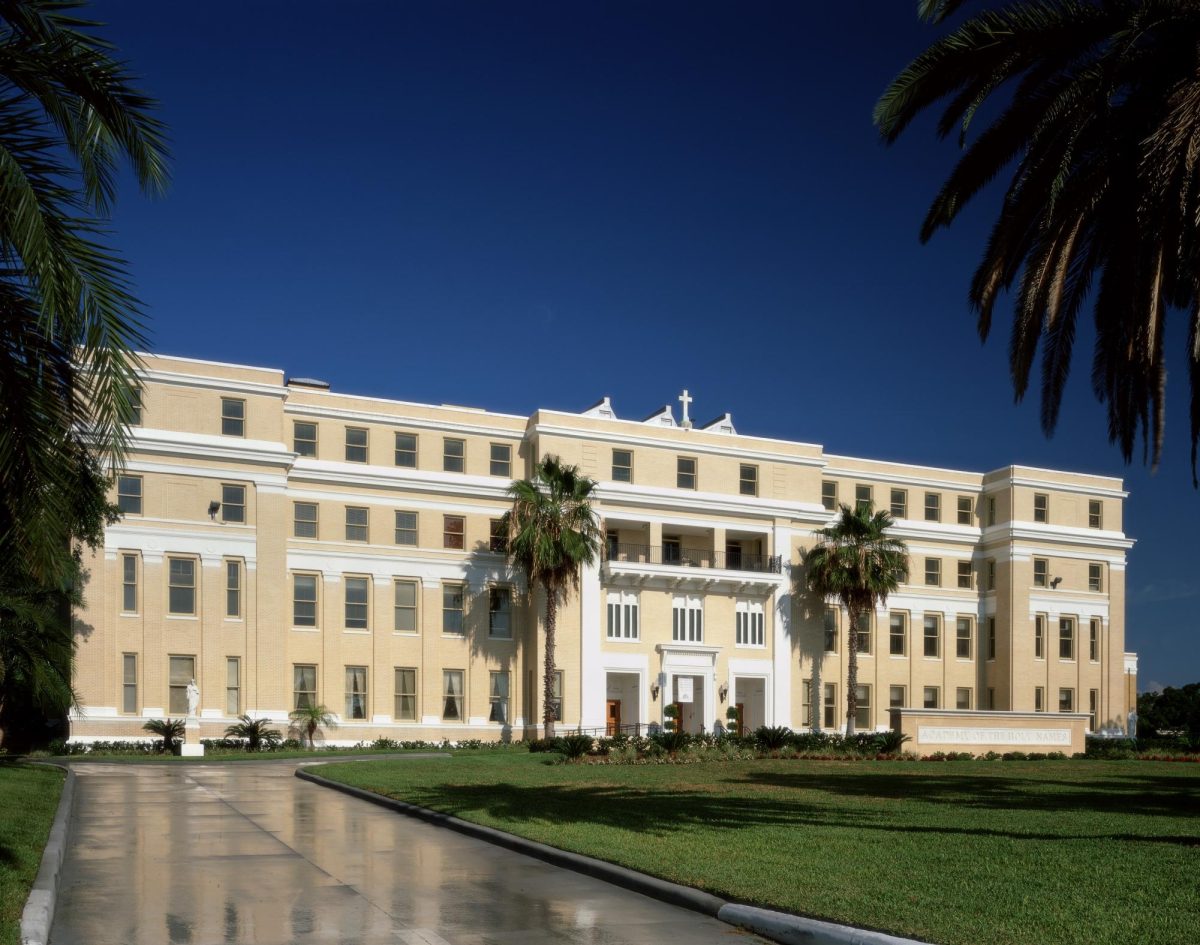Originating in an era when Black Americans were denied the right to learn, Historically Black Colleges and Universities became safe spaces of education, culture, and progress.
Historically Black Colleges and Universities were created in times of segregation to give African Americans a safe space to gain an education. ‘A History of Historically Black Colleges,’ said before the Civil War, “the education of Black Americans was prohibited in most Southern states and often discouraged in Northern states resulting in only a few Black schools being in existence.”
The first established HBCU was Cheyney University in Cheyney, Pennsylvania. It worked to give training on trades and agriculture, later becoming an institution focused on higher learning. These schools were providing training for black people that didn’t legally have access anywhere else. The creation of schools like Cheyney were funded by philanthropists and free black Americans.
HBCUs remain relevant in the modern day, not just for the access to education, but as influential spaces that promote excellence, culture and career development. Creating students that have a cultivated sense of purpose and direction in addition to a degree is an aspect that truly sets predominantly black institutions apart from any other establishment.
Social studies teacher Olivia Rivas (‘16) loves HBCUs. “It feels like home, in America the perception that is fed to us in the mass media is that we are the minority but in reality we are the global majority.”
Rivas said when she goes outside of the states she don’t feel as isolated as she does when she is in America. She said, “When I step on an HBCU campus or go to a major urban center I don’t feel as alone.”
Coming from a predominantly white institution(PWI) like Academy and then going to Agnes Scott College, a diversified small women’s liberal arts college in Atlanta, Rivas was exposed to so many elements of black culture at once.
Rivas believes there should be more funding and programs from the government to increase the size of these schools. In recognizing their contributions to herself and other minorities she said,“It is the responsibility of the college as well as the government to provide these services to their community.”
A big part of HBCU culture is showing school pride. Being proud of the institution that has done so much for marginalized communities is a major celebration that is acknowledged through events like Homecoming. Homecoming goes beyond just football games and class reunions, they are cultural festivals that showcase Black excellence, and reminds of shared history and the progress that has been made.
Administrator Angelita Dupree attended Clark Atlanta University in Atlanta, Georgia and graduated with a Bachelor’s of Arts degree focused in mass communications.

She attended Morehouse College’s homecoming in Atlanta, describing the experience as invigorating and exciting. Seeing people everywhere, including past classmates, made the event feel like a family reunion.
Dupree embodies the values that were instilled in her at Clark Atlanta to drive her to be her best self, exercise perseverance and understand that all things are possible. “You have to work hard to get what you want in life,” she said.
Looking back on the college experience led her to reflect on the connections between the student and teacher.
Dupree said, “There is nothing like being able to be in a small classroom and know that, that professor wants nothing but the best for you and they will go the extra mile to make sure you get there.”
HBCUs continue to serve as spaces of empowerment and opportunity. Their existence reminds that education is about finding a place where you belong, and a purpose that gives motivation.









